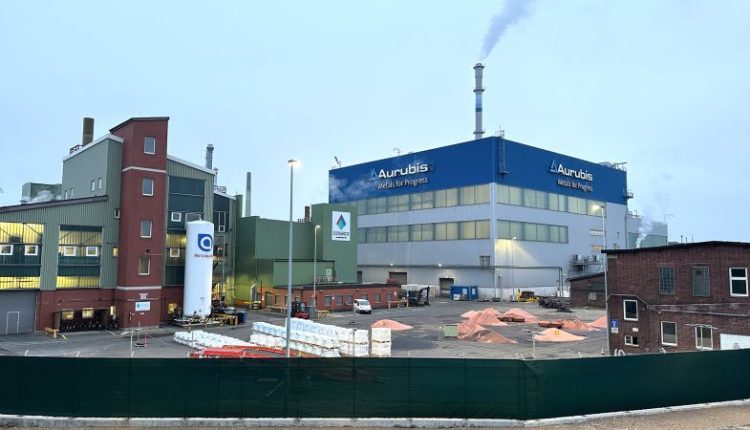Aurubis, Europe’s largest copper producer, says it has been the target of a huge theft, with damages running into hundreds of millions of euros.
“During a scheduled review of metal inventories, Aurubis has identified considerable discrepancies in target inventory,” the German company said Thursday in a statement. Aurubis claimed that “criminal activity” was behind the shortfall.
Aurubis produces about 1.1 million tonnes (1.2 million tons) of copper “cathodes,” or square sheets, per year at plants in Europe and the United States. The company accounts for about 30% of Europe’s production of such copper and 3% to 5% of global production, a spokesperson told CNN.
Copper is a metal that is widely used in construction, including in electrical wires and water pipes. It is also a vital metal for energy transition as it is used in wind turbines, solar panels and electric cars.
The financial hit from the theft at Aurubis “might be in the low, three-digit-million-euro range,” the company said, warning that as a result it will not achieve the profit it has forecast for this fiscal year.
Shares of Aurubis plunged Friday, trading 12% lower by mid-afternoon in Europe.
The company has involved the State Office of Criminal Investigation in Hamburg, Germany, where Aurubis is based, the copper producer said. A spokesperson for the public prosecutor’s office in Hamburg told CNN on Friday that it had not yet received any information from local police or the criminal investigation office about the reported theft.
Aurubis has also opened investigations by internal and external experts to understand what happened and how its security could be improved.
This is not the first time the company has disclosed suspected theft. In June, Aurubis said it had identified “past criminal activities.” The public prosecutor’s office and police are investigating an “organized theft ring” targeting “intermediate products” that contain precious metals and which are the result of the company’s production processes.
— Nadine Schmidt contributed reporting.
Read the full article here

